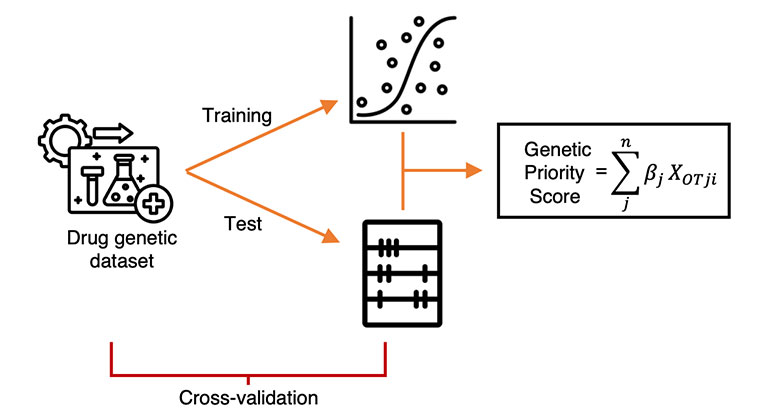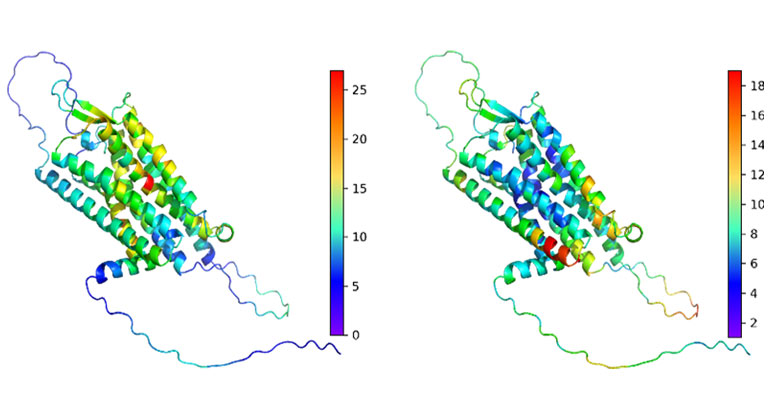Experts Identify Key Protein Factor Linked to Alcoholic Fatty Liver Disease
A new study has identified a causative link between a key cell stress response pathway and alcoholic liver disease advancing understanding of how this disease develops. Researchers from the Icahn School of Medicine at Mount Sinai have discovered that by blocking a protein called ATF6 (or activating transcription factor) helped prevent alcohol-induced fatty liver disease while overexpression of the protein caused the disease to develop in zebrafish. These findings demonstrate the first, clear and causative link between a key unfolded protein response and fatty liver disease. The study results were published today in the journal PLoS Genetics.
Until now little has been understood about the role of ATF6 in regulating liver metabolism or how fatty liver disease develops. “When alcohol is consumed, the cellular stress that is caused activates a pathway called the unfolded protein response,” says lead author Kirsten Sadler, PhD, Associate Professor in the Division of Liver Diseases in the Samuel Bronfman Department of Medicine and in the Department of Developmental and Regenerative Biology at the Icahn School of Medicine at Mount Sinai. “This deficient protein response in liver cells often leads to the development of a fatty liver.”
Long held clinical observations have found that alcoholics frequently suffer from complications, such as bleeding, attributed to deficiencies in the proteins. “By identifying a link between the unfolded protein response and metabolic disorders, this study is among the first to make a clear, direct and mechanistic connection between liver cell stress (caused by alcohol), activation of a critical pathway in the cell (the unfolded protein response), and the development of fatty liver disease,” added Sadler.
To mimic the effects of a binge drink, researchers bathed young zebrafish in alcohol. The effect of the alcohol on the liver of the zebrafish was similar to the effect on a human liver, and included compromised liver cell function and a fatty liver. The secretion of cell proteins was controlled by the presence of ATF6 and induced when cells were stressed by excessive alcohol exposure. The activation of ATF6 on its own, in the absence of stress, was sufficient to cause fatty liver disease in zebrafish while blocking ATF6 prevented a fatty liver from developing.
Although fatty liver is caused by alcohol, it can also be triggered by obesity and type II diabetes. “The discovery of the role of ATF6 in the development of fatty liver disease may shed light on other causes of this disease,” says Sadler. “Future studies are needed to identify ways to prevent cell stress caused by alcohol and other conditions, possibly leading to therapeutic options to treat this disease.”
About the Mount Sinai Health System
Mount Sinai Health System is one of the largest academic medical systems in the New York metro area, with more than 43,000 employees working across eight hospitals, over 400 outpatient practices, nearly 300 labs, a school of nursing, and a leading school of medicine and graduate education. Mount Sinai advances health for all people, everywhere, by taking on the most complex health care challenges of our time — discovering and applying new scientific learning and knowledge; developing safer, more effective treatments; educating the next generation of medical leaders and innovators; and supporting local communities by delivering high-quality care to all who need it.
Through the integration of its hospitals, labs, and schools, Mount Sinai offers comprehensive health care solutions from birth through geriatrics, leveraging innovative approaches such as artificial intelligence and informatics while keeping patients’ medical and emotional needs at the center of all treatment. The Health System includes approximately 7,300 primary and specialty care physicians; 13 joint-venture outpatient surgery centers throughout the five boroughs of New York City, Westchester, Long Island, and Florida; and more than 30 affiliated community health centers. We are consistently ranked by U.S. News & World Report's Best Hospitals, receiving high "Honor Roll" status, and are highly ranked: No. 1 in Geriatrics and top 20 in Cardiology/Heart Surgery, Diabetes/Endocrinology, Gastroenterology/GI Surgery, Neurology/Neurosurgery, Orthopedics, Pulmonology/Lung Surgery, Rehabilitation, and Urology. New York Eye and Ear Infirmary of Mount Sinai is ranked No. 12 in Ophthalmology. U.S. News & World Report’s “Best Children’s Hospitals” ranks Mount Sinai Kravis Children's Hospital among the country’s best in several pediatric specialties.
For more information, visit https://www.mountsinai.org or find Mount Sinai on Facebook, Twitter and YouTube.
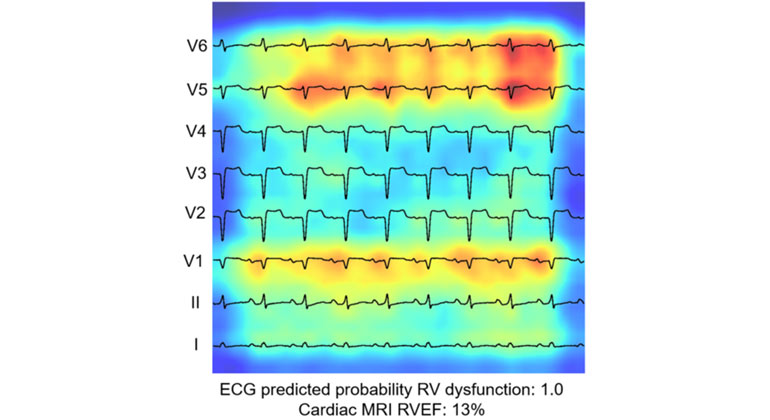
AI-Driven Study Redefines Right Heart Health Assessment With Novel Predictive Model
Jan 04, 2024 View All Press Releases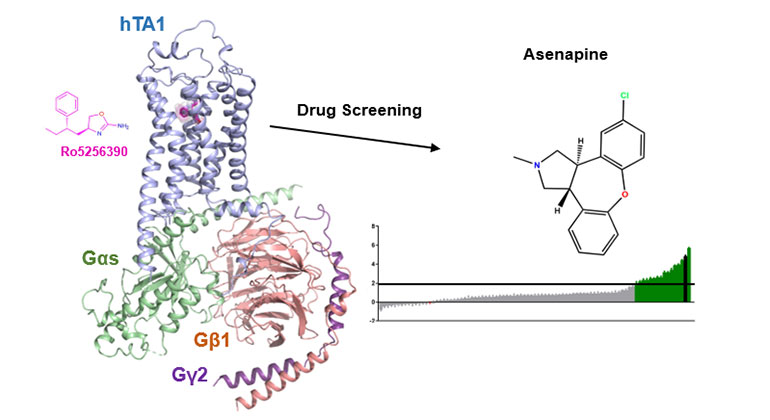
Demystifying a Key Receptor in Substance Use and Neuropsychiatric Disorders
Jan 02, 2024 View All Press Releases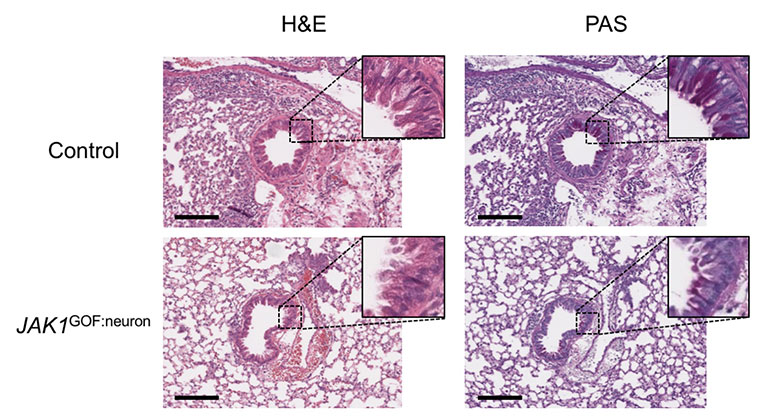
New Insights Revealed On Tissue-Dependent Roles of JAK Signaling in Inflammation
Dec 21, 2023 View All Press Releases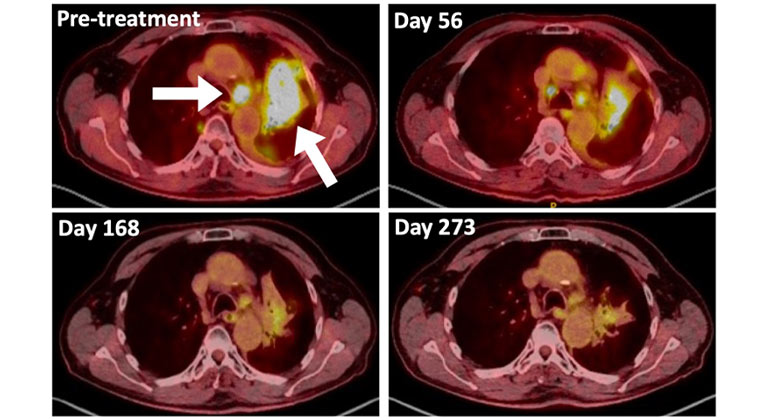
A Type of Allergy Medicine Might Help Treat Lung Cancer, Research Suggests
Dec 06, 2023 View All Press Releases


